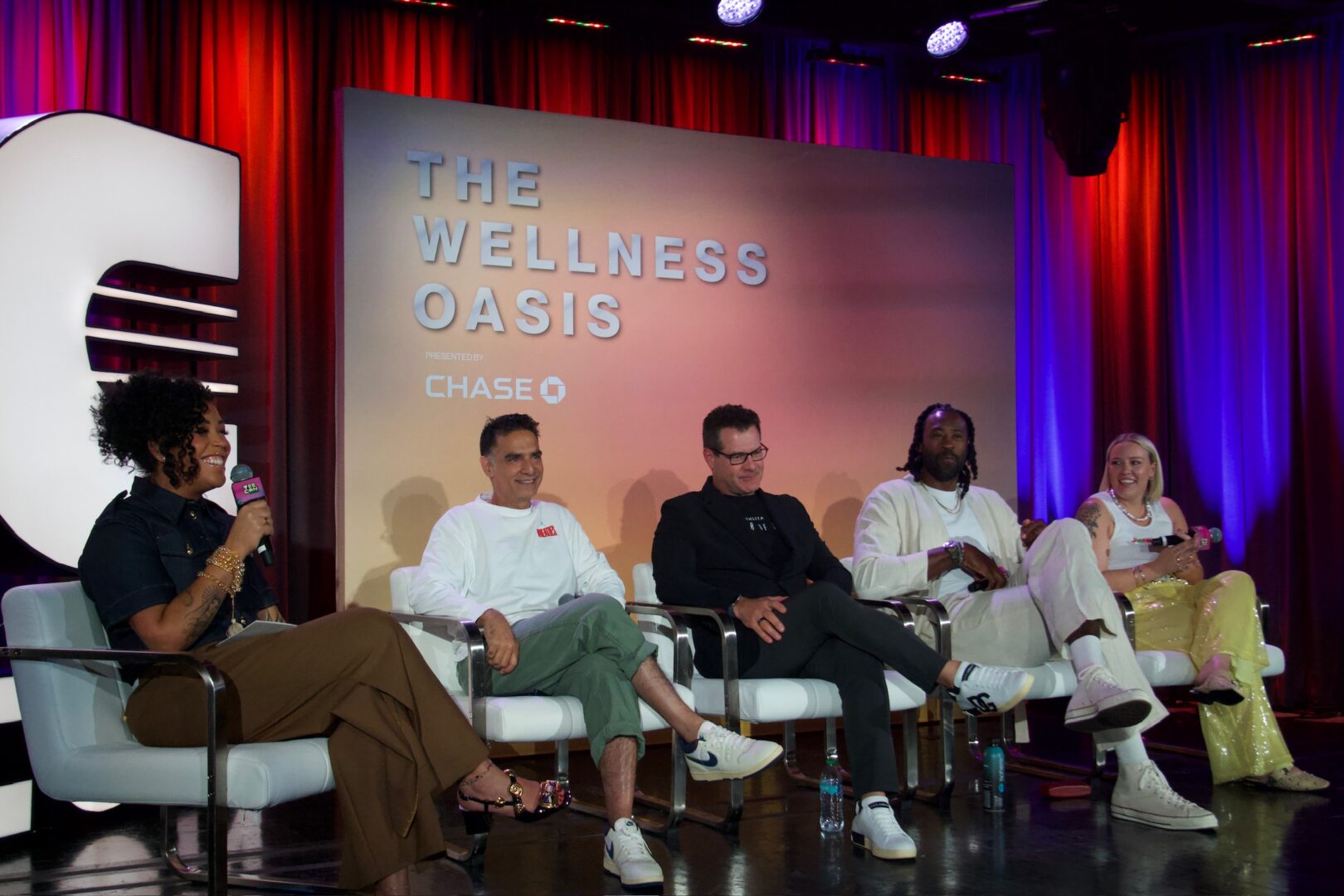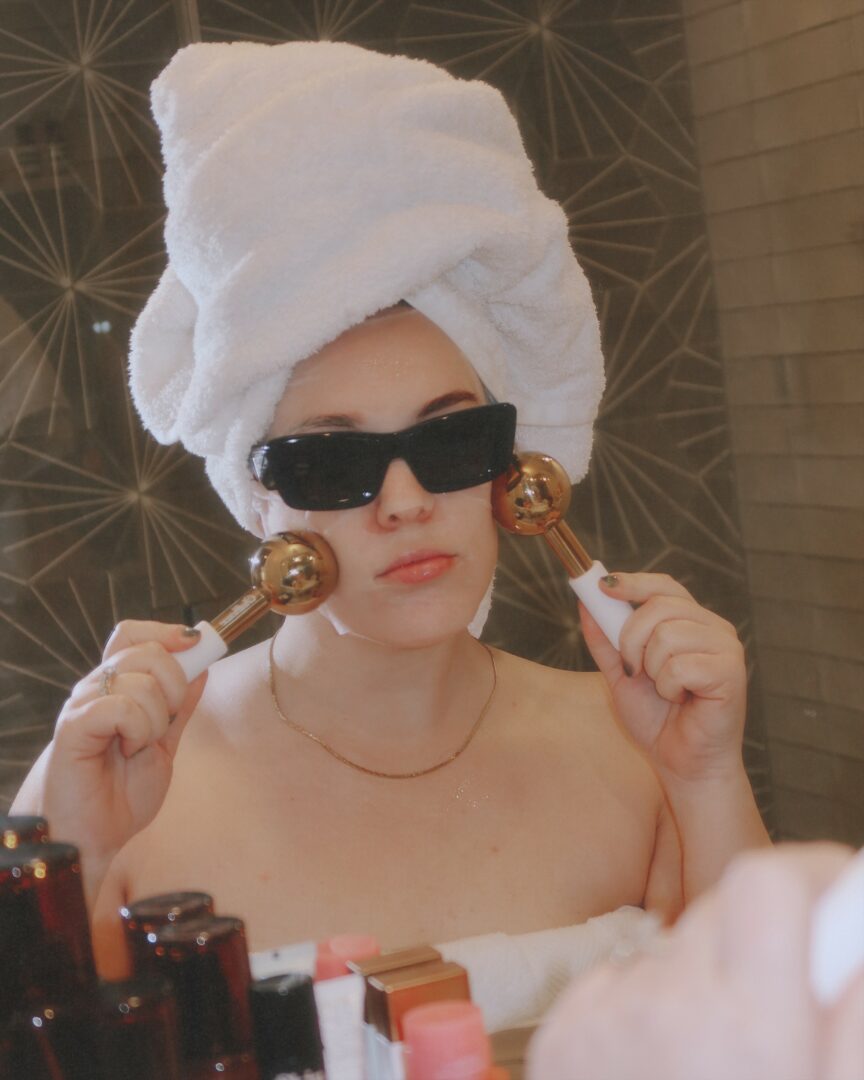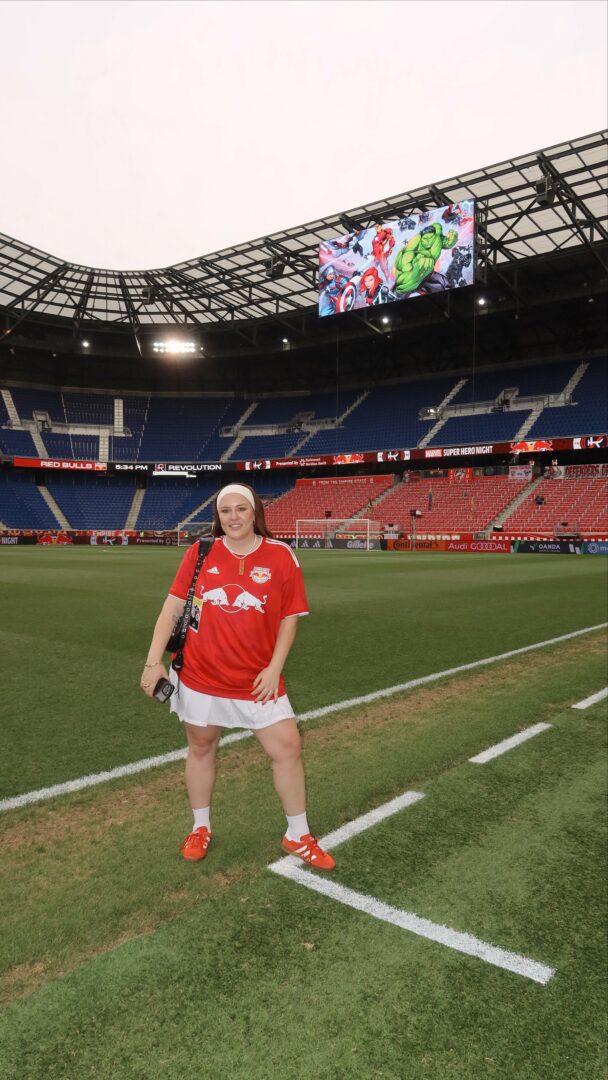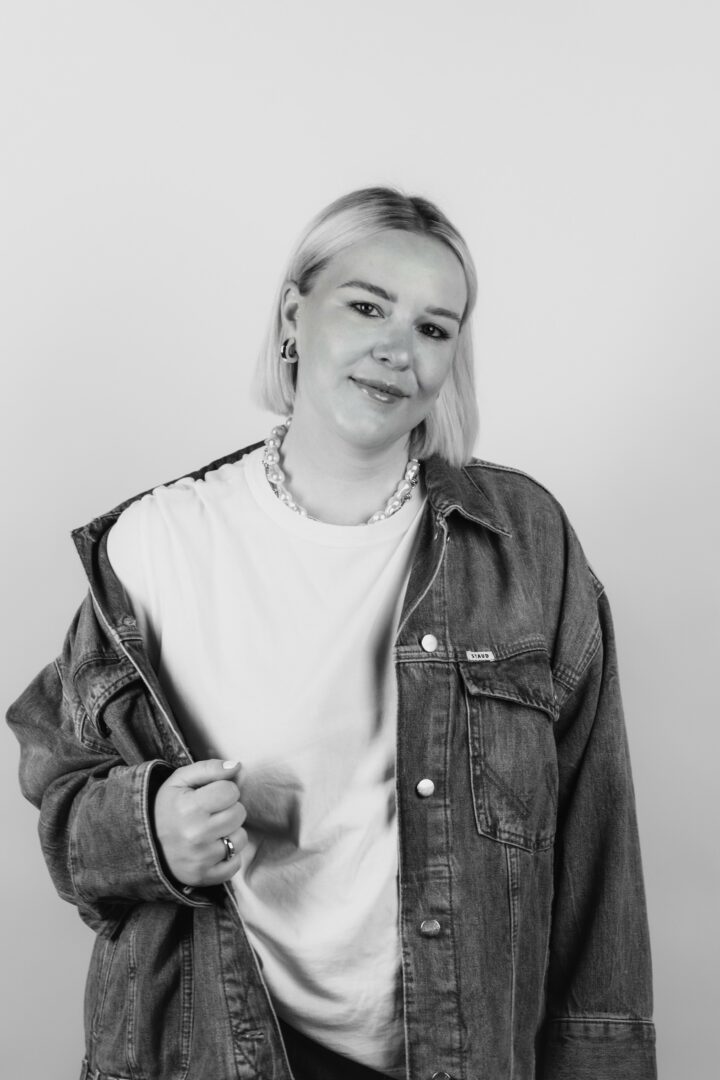We caught up with the brilliant and insightful Liz Beecroft-ridgway a few weeks ago and have shared our conversation below.
Liz, looking forward to learning from your journey. You’ve got an amazing story and before we dive into that, let’s start with an important building block. Where do you get your work ethic from?
My work ethic comes from a variety of factors – most importantly being my parents. I am very close with both my mom and dad and they’ve always been two of the hardest working people I know. Both my mom and dad never attended college and worked blue collar jobs – my mom actually worked at the same company her entire life from when she started as a teenager until she retired. They instilled in me the ability to stay focused on a goal, how to find motivation to continue to push through the ups and downs, how to be realistic, and how to not jeopardize being a good human for the sake of success.
Another factor that has taught me work ethic has been being an athlete my whole life. I’ve learned from both a physical and mental perspective the importance of learning the fundamentals, how to be a good teammate, how to lead, and how to identify and accept your role in any given situation.

Great, so let’s take a few minutes and cover your story. What should folks know about you and what you do?
I’m Liz and I’m a Licensed Clinical Social Worker / Psychothereapist as well as the founder of my private practice MENTL.SESH. Aside from being a licensed therapist, I’m also use my online platforms to connect the dots between pop culture, fashion, and mental health in a down to earth approach.
As a therapist I specialize in working with high performers, elite athletes, entertainers, and creatives. I grew up an athlete and consider myself a high performer, while also having my own experience struggling with anxiety, so, it ultimately lead me to be helping others who might experience similar things. Aside from meeting with 25 clients each week for therapy sessions, I also consult with companies on brands on various mental health initiatives. I’ve had a lot of great opportunities from working with brands such as Adidas, Moleskine and Meta to train employees on mental health in the workplace to working with Nike and designing my own sneaker for mental health awareness. I’ve also consulted with brands on mental health product launches and marketing campaigns and truly love being able to provide my expertise in a creative way that will make an impact outside of the clinical work that I do.
I’m really passionate about working with athletes as well as helping spread awareness on athlete mental health. Growing up an athlete I’ve had my own experiences struggling with anxiety and navigating difficult situations that impacted both my mental performance and physical – so this is something that is very near and dear to my heart.

If you had to pick three qualities that are most important to develop, which three would you say matter most?
1. Interpersonal skills – being able to connect, relate, and engage others has been incredibly impactful in my journey. Not only is it important to engage clients in therapy by creating a safe environment, but it’s also important as a business owner when networking or meeting new people in general. Being curious about others and getting to know someone outside of what they do for work is something I think goes a long way.
2. Promptness – being on time, submitting items when they are due, and being apt has been important in my journey. It’s important to me that others know they can count on me but also equally important that I’m transparent and communicate when they can’t.
3. Creativity – thinking outside the box has been something that has been major in my journey. Being able to have the courage to try new things, take feedback, and try my best to make new ideas come to life has been something that has paid off.

Before we go, any advice you can share with people who are feeling overwhelmed?
When I’m overwhelmed I let myself feel the feeling and try and understand where that emotion is coming from – giving insight into the trigger and therefore what control I have over the situation to make a change. Sometimes that change is to take things off of my plate by asking my support system for help. Other times it’s listening to my body and letting it rest and recharge so I don’t burnout. I also find it very helpful to write down my thoughts or everything I need to do when I feel overwhelmed so that I don’t add stress by having to mentally keep track of everything.
Contact Info:
- Website: https://www.mentlsesh.com
- Instagram: @LizBCroft and @mentl.sesh
- Linkedin: https://www.linkedin.com/in/lizbcroftlcsw/


Image Credits
my husband – Colin Ridgway (@colinridgway)
so if you or someone you know deserves recognition please let us know here.




